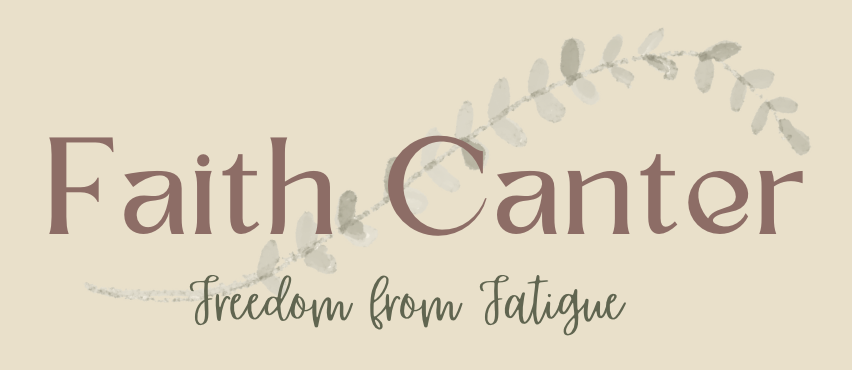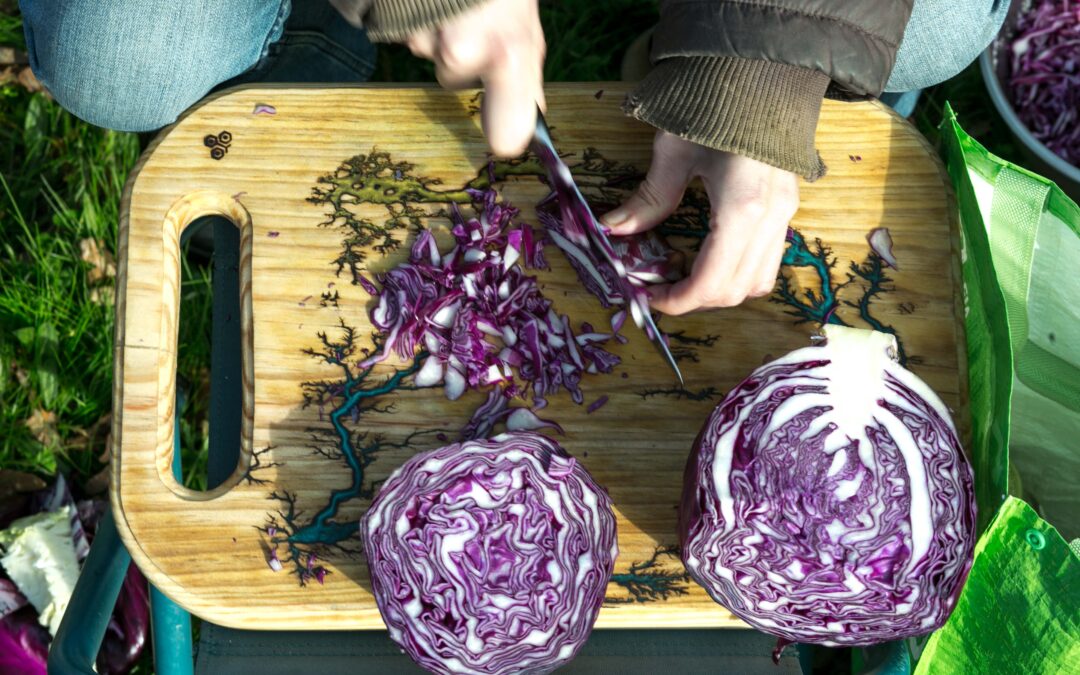Why we struggle with dietary changes…
When we change our diet, we are always thinking we are ‘missing out’. But what we forget to focus on is how much we could be gaining. For many of us that could quite literally be getting our lives back.
We always think we need to replace the foods we choose no longer to have with foods we can. We’ll think we need to start making healthier versions of junk foods, like pizza, cakes and such like. This also reinforces the ‘missing out’ fear.
We focus on things we cannot have rather than things we have plenty of.
We focus on foods that are addictive and health-harming rather than filling up on nutrients.
We ‘need’ to have treats and snacks, rather than filling up on nutrients dense meals. (And, somehow, we’ve made it the normal to have a ‘treat’ every single day, rather than just on special occasions etc).
When we crave something ‘naughty’ we focus on that food, rather than ask ourselves what we might be deficient in / in need of that would give us more nutrients and curb that craving at the same time (ie: fats can curb a sugar/carb craving and fuel us better).
We do not journal or monitor our progress (apart from sometimes on the scales – which is not an accurate or healthy way to monitor progress) so it’s hard for us to see and remember how far we have come (this happens A LOT, when often people do not notice they have been without pain/inflammation/etc until it comes instead of the fact they did not have it for a week or two).
We don’t allow time for the body to adjust. And, we don’t do enough research into what those adjustments may feel like, whilst the body moves over to being fuelled in a healthier way.
We start a new fad diet/program/protocol that is not local, seasonal and natural for us to eat (like lots of celery juicing etc) and then wonder why it’s not working for us.
We only change our diet and don’t look at regulating our nervous system, looking at our thoughts, removing toxins from our home (candles, air-‘fresheners’, perfumes etc) and from out body/hair care etc. if we eat the least toxic diet in the World but surround ourselves with and use tons of toxins on our body and in our homes we will find it very hard to see the dietary choices making massive differences.
We focus on some sort of huge change we feel needs making instead of the small changes we can make to each meal as we go. We then become overwhelmed, over stressed and don’t change anything.
We forget we are animals, human beings and need to be living in unison with and connected to nature, our body, community and this planet as a whole.
I am going to write this one again as it’s a BIGGY that comes up with almost every person, I work with…
Focus on what you can gain (health & happiness) rather than what you feel you are missing out on (treats and snacks).
Additional Reading Resources:
Vegetarianism Explained – Making an Informed Decision by Dr Natasha Campbell-McBride https://amzn.eu/d/4zIoquM
Put Your Heart in Your Mouth by Dr Natasha Campbell-McBride https://amzn.eu/d/1pxXYql
Toxic Superfoods by Sally K Norton https://amzn.eu/d/2nHbYoN
My recent interview with Sally K Norton https://youtu.be/dmLCBvxF0es Remember when watching this, it’s just a nudge towards a more natural and ancestral way of eating and not ‘another’ new diet to follow.
The Plant Paradox by Dr Steven R Gundry https://amzn.eu/d/2XVThyt
The Vegetarian Myth by Lierre Keith https://amzn.eu/d/41yOjZ5 I share this only for anyone that really wants to understand the potential health/environmental implications of this way of life.
Why Vegans Have Smaller Brains & How Cows Reverse Climate Change https://amzn.eu/d/5d0iQbh This is very similar to the above book but talks a lot more about the impact of this lifestyle on brain development and health.
Website: www.faithcanter.com
Telegram Channel: https://t.me/faithcanter
Instagram: https://www.instagram.com/faithcanter/?hl=en


